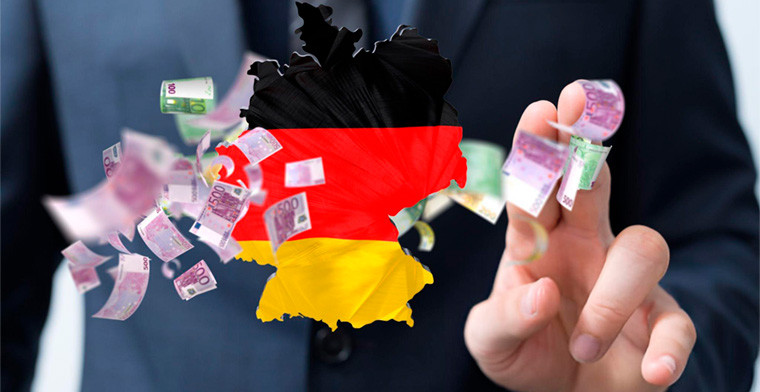Since the Remote Gambling Act was introduced in 2021, the Netherlands Gambling Authority (KSA) has issued over €56 million in fines to illegal online gambling providers. But only €1.47 million has been collected as of May 2025, leaving over 97.5% of the fines unpaid. Most of the companies fined operate from jurisdictions beyond the KSA’s reach, such as Malta, Curaçao, Gibraltar, Cyprus, and other remote areas. While the fines are real, the enforcement has little effect when operators ignore them.
Penalty payments had a slightly more favorable impact, with approximately €27.5 million issued. In several cases, they resulted in operators withdrawing from the Dutch market. Still, only less than 10% of the amounts were recovered. This regulatory gap allows illegal operators to continue servicing Dutch consumers, bypassing essential safety measures such as age verification, responsible gaming tools, and fair payout practices.
Malta’s Bill55 Shuts the Door on Enforcement
One of the biggest legal barriers comes from Malta. Since 2023, the country has enforced Bill55 to prevent foreign civil or administrative rulings from affecting Malta-based gambling companies. This law was initially seen as blocking civil lawsuits from players, but limits the powers of regulators like the KSA. Therefore, a fine valid under European law cannot be enforced on an operator licensed in Malta.
This creates a major problem for cross-border regulation. While European countries should uphold each other’s legislation, some like Malta use national laws to shield their gambling industries. The European Commission is currently investigating whether Bill 55 violates EU law. However, operators based in Malta can continue ignoring sanctions from the KSA and other regulators without fear of consequences.
Consumers and Legal Providers at a Disadvantage
This situation directly harms Dutch players as illegal casinos often lack systems to ensure safety and reliable payouts. So players have few options for recourse if something goes wrong. At the same time, legal operators are bound by stricter rules, including rising tax rates and restricted marketing.
With taxes set to increase from 30.5% to 37.8%, licensed providers face increased pressure while unlicensed platforms avoid such costs entirely. This creates an unfair market. Consumers are often drawn to illegal sites without knowing the risks, and trusted providers struggle to compete.
Europe Must Step In to Close the Gap
Tackling illegal gambling isn’t only the responsibility of regulators. Hosting providers, operators, payment services, and consumer organizations all play crucial roles. The KSA faces tough choices with limited resources.
With legal hurdles and international actors in play, the task is becoming increasingly challenging. So, a stronger European framework is urgently needed. Collaborative enforcement and improved data tools can help restore trust and improve cross-border cooperation to build a safer digital gambling market.

 Companies
Companies 





